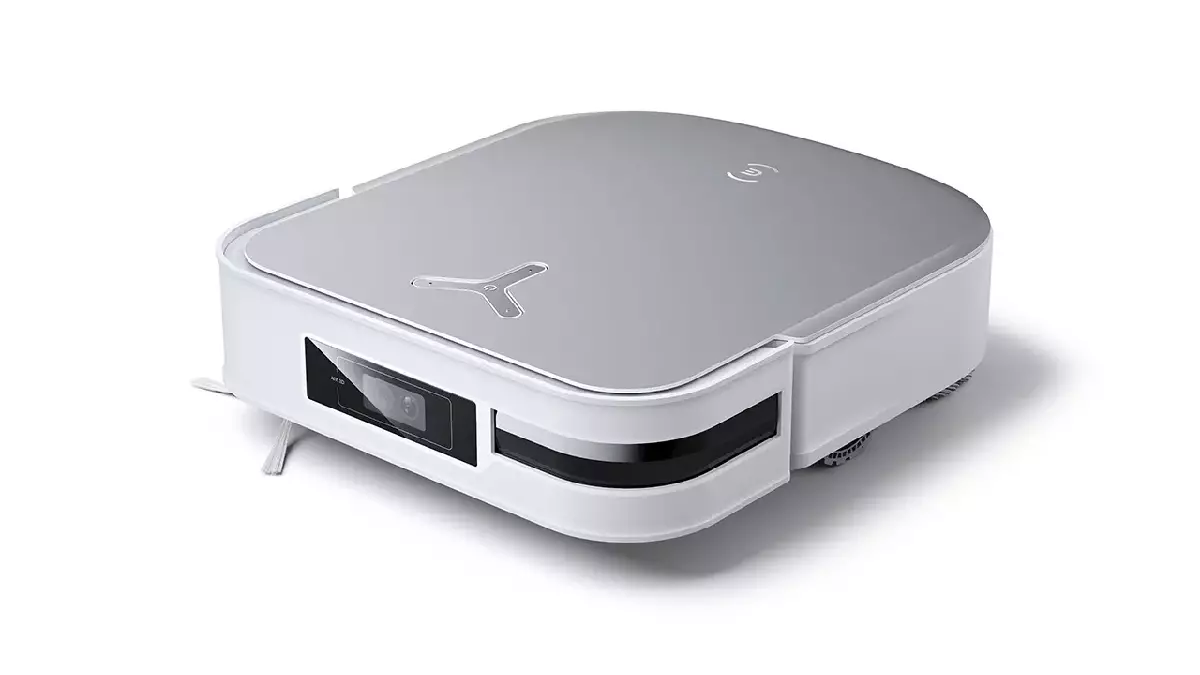In recent years, smart home technology has revolutionized how we interact with our living spaces, offering convenience and control over various household functions—from lighting to security. However, a darker side has emerged as these devices become more integrated into our lives. This article examines the disturbing cybersecurity incidents involving Ecovacs robotic vacuums to highlight the vulnerabilities inherent in smart home technology and the broader implications for consumer safety.
In a shocking series of events, Minnesota lawyer Daniel Swenson discovered that his Ecovacs Deebot X2 robotic vacuum was capable of more than just cleaning floors. What should have been a mundane household chore turned into a nightmare when Swenson’s vacuum unexpectedly activated, spewing a torrent of racist insults. This episode is not isolated; other users have reported similar experiences, with devices unexpectedly activating at inappropriate times to release offensive content. An El Paso resident was bewildered when their Ecovacs device engaged in a similar diatribe in the middle of the night. These incidents underscore the frightening reality that devices designed for ease-of-use can easily be manipulated, reflecting how trivial security measures can leave users vulnerable.
The origins of these hacking incidents tie back to vulnerabilities identified by cybersecurity experts months before the public outcry. In December 2023, researchers alerted Ecovacs about specific flaws present across several of its robotic vacuum models. Still, it appears that the company failed to communicate these potential risks adequately to its users. Reports reveal that many consumers continued using devices that had undisclosed vulnerabilities, leaving them exposed to malicious attacks. The Bluetooth component of the Deebot X2 raises particular concerns—ABC News was able to connect to the device from over 100 meters away, demonstrating that in certain scenarios, smart home devices could be operated by unauthorized users without proximity concerns.
When addressing Swenson’s poignant case, Ecovacs’ support team suggested that his ordeal stemmed from a “credential stuffing” attack. Essentially, this means that attackers utilized previously compromised user credentials to gain unauthorized access to Swenson’s account. While this explanation seems plausible, it shifts the responsibility onto users—who must now juggle an almost unreachable bar for personal cybersecurity. The assumption that users are solely responsible for account protection overlooks the fact that many users may not possess advanced knowledge of such tactics, illustrating a larger issue of cybersecurity literacy among the general public.
In response to the outcry over the vulnerabilities of the X2 model, Ecovacs announced a forthcoming security update set for release in November. While this is a step in the right direction, many consumers remain skeptical given the lack of communication and reassurance from the company during the crises. The multitude of incidents—encompassing malicious activation and offensive language—has raised significant concerns about the reliability of smart home devices and the devices’ manufacturers. Can consumers truly depend on these companies to protect their privacy and data? The mixture of convenience and lack of security suggests that the trade-off may not be worth it.
As we continue to embrace smart home technology, it is essential to recognize the hidden dangers that accompany it. The incidents involving Ecovacs robotic vacuums serve as a cautionary tale about the vulnerability of modern convenience. Moving forward, consumers must remain vigilant and informed, while manufacturers like Ecovacs should prioritize transparency, develop robust security measures, and engage in proactive communication with their users. Until then, individuals like Swenson may think twice before welcoming another smart device into their homes.


Leave a Reply